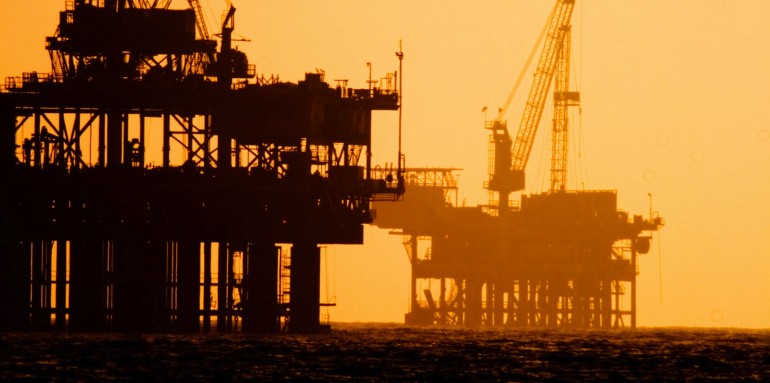African oil explorers have decided to keep on drilling in selected areas such as off the West African coast or onshore east Africa despite the low price of oil. However, they warned that African governments with oil reserves in less attractive locations ought to revise their deals or give up the investment. According to Aidan Heavey, CEO of Tullow Oil, “there are still some exciting areas in Africa like east Africa and in particular the onshore areas,” in tacit reference to Uganda or Kenya. Tullow Oil is one of the continent’s biggest explorers. “This is certainly not the end of African oil – far from it,” Mr Heavey added.
Oil prices have fallen from $115 a barrel in June last year forcing oil companies to cut exploration budgets, which hit relatively expensive projects in Africa quite hard. Tullow Oil, for instance, cut its budget from a peak target of $1 billion to around $200 million this year. What is left from the initial one-billion-budget mostly focuses on Kenya. Stuart Lake, CEO of African Petroleum, says that the company is not going to give up its license offshore Ivory Coast and Senegal in the West Africa Transform Margin, the area which is often referred to as Africa’s “sweet spots”. “It’s an area that is oil-rich with little gas and it’s cheap to drill,” Mr Lake added pointing to two Cairn finds in Senegal. The current cost of digging is now hovering at around $35-$50 million per well compared to $200 million in Angola.
Moreover, Paul Eardley-Taylor of Standard Bank Oil and Gas added that he expected that liquefied natural gas projects in Mozambique would also continue. Mozambique is home to about 180 trillion cubic feet of gas, which would be enough to supply the EU’s four biggest economies for 18 years. “Mozambique achieved a lot over the last two months with the passing of enabling legislation. Standard Bank is hopeful that a final investment decision can be reached this year,” Mr Eardley-Taylor said.




